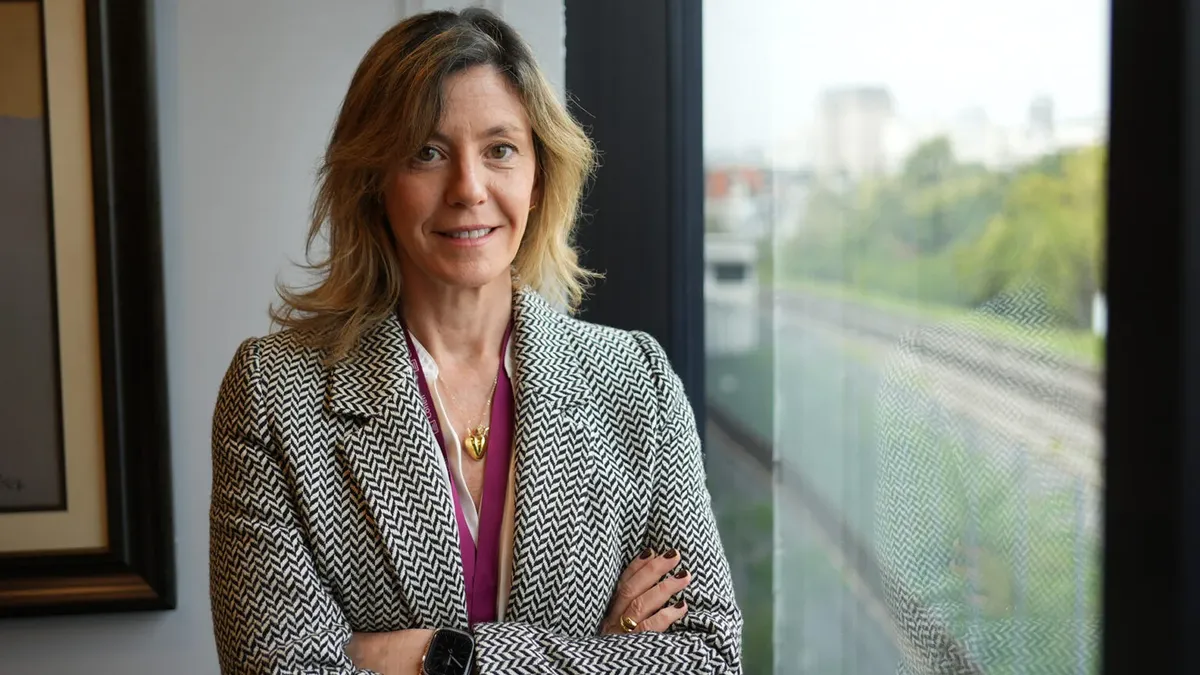According to a new poll in Thuringia, the Sahra Wagenknecht coalition is at 21 percent and could play a decisive role in forming a government. How are the others reacting?
New survey results from Thuringia have further fueled the debate about coalitions with the Sahra Wagenknecht Alliance (BSW). The Federal Government’s Commissioner for Eastern Affairs, Carsten Schneider, did not rule out a coalition with the BSW in Thuringia for his SPD after the Eastern Minister Presidents’ Conference in Wittenberg.
“We are ruling out a coalition, that is the AfD. And otherwise we are trying to become as strong as possible and to form a governing majority for the state in Thuringia,” he said at a press conference that was also attended by Chancellor Olaf Scholz (SPD). Schneider himself comes from Thuringia.
Scholz merely stressed that an alliance with the BSW at the federal level was out of the question for him. “The policy that is being proposed for the federal government is the opposite of what is right. It leads backwards and it will isolate our country, destabilize it economically and endanger the security of our country.” He did not comment explicitly on coalitions with the BSW at the state level.
AfD and BSW together almost at 50 percent
According to a survey published on Tuesday by the opinion research institute Infratest dimap on behalf of MDR for the Thuringia state election on September 1, the AfD is clearly in first place with 28 percent and together with the BSW (21 percent) would receive almost half of the votes. The CDU (23), SPD (7) and Left (11) together only have 41 percent, and the Greens and FDP would no longer be represented in the state parliament at all.
Since all other parties, including the BSW, have so far ruled out an alliance with the AfD, the only option in the event of such a result would be for the BSW to form a government. The CDU has not ruled out such an alliance either.
The new poll results were announced shortly before the meeting of the eastern minister presidents with Scholz. With this result, “two extreme parties would be in the absolute majority,” said the minister president of Saxony-Anhalt, Reiner Haseloff (CDU). “Clear signals” must now be sent to prevent this. There was cross-party agreement on this at the meeting with Scholz.
Haseloff: Chancellor is “not the problem”
Before the discussions, Haseloff had already described the results of the European elections as a “disaster” and called for a clear change of course, especially in migration policy. However, he spared the Chancellor in the joint press conference. “The Chancellor as a person is not the problem in this context.” He pointed out that Scholz also had to take the coalition partners FDP and the Greens into consideration.
In the European elections, the AfD became the strongest party in all five eastern German states, despite all the personnel disputes and allegations of espionage. Similar results are now expected for the state elections in Thuringia and Saxony on September 1st and in Brandenburg on September 22nd.
East German government leaders demand course corrections
The East German heads of government are now demanding that the federal government make course corrections, including in the planned hospital reform. They criticize the current draft, saying it threatens to massively interfere with the planning sovereignty of the states in sparsely populated areas. They are demanding exceptions to the law, particularly to preserve hospitals in rural areas.
Scholz promised the states that their concerns would be taken into account in the further process. The remaining questions would be dealt with together, and structural reforms had already been made in the east of Germany in the past, said Scholz. It is therefore not about locations, said Scholz. “It is about bringing as much efficiency as possible into the health care system and we have committed to good cooperation in this regard.”
The eastern German states are also calling for changes in other health policy issues. Due to the looming shortage of doctors, they are demanding more freedom for the states when it comes to allocating study places. This is intended to keep more graduates in the respective states after they have completed their medical studies. Saxony-Anhalt’s Prime Minister Reiner Haseloff (CDU) stressed that the issue of health played a decisive role in the recent elections, especially in rural areas. Many doctors in the east will retire by 2030.
Source: Stern
I have been working in the news industry for over 6 years, first as a reporter and now as an editor. I have covered politics extensively, and my work has appeared in major newspapers and online news outlets around the world. In addition to my writing, I also contribute regularly to 24 Hours World.




